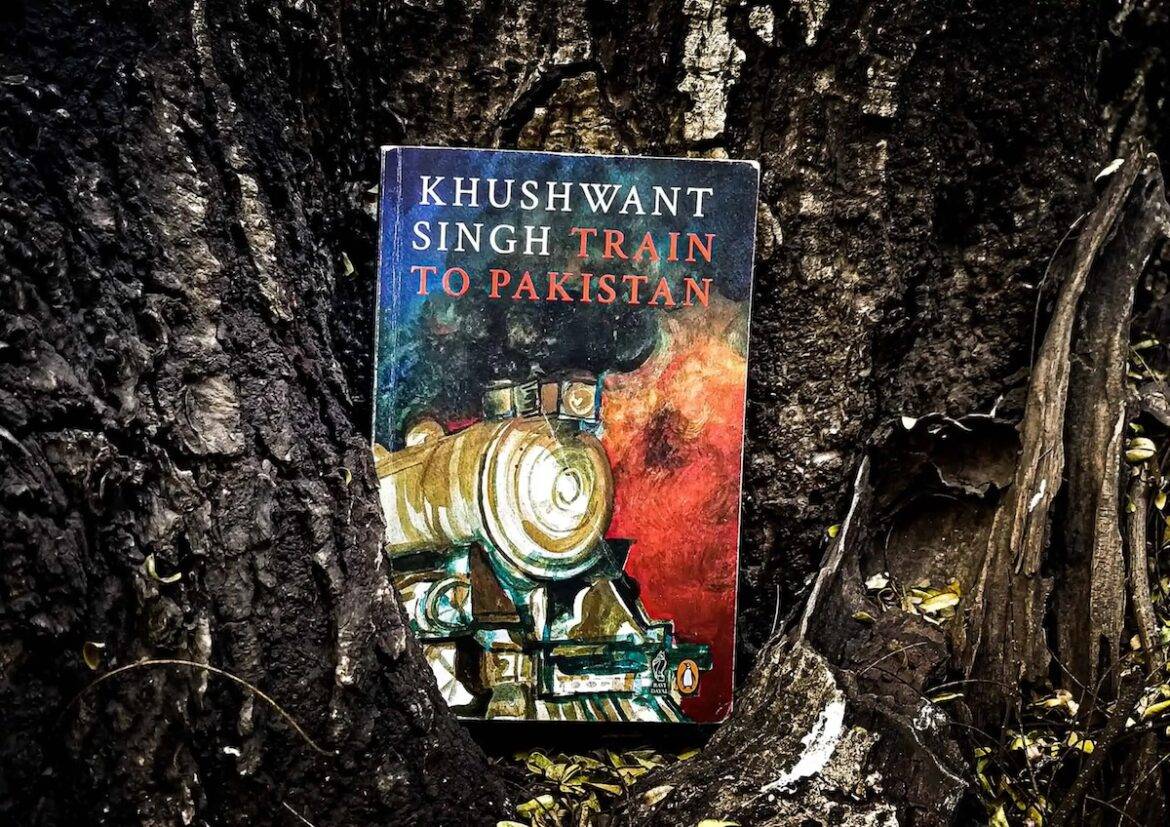AI Generated Summary
- Set against the backdrop of one of the bloodiest episodes in South Asian history, Train to Pakistan is both a deeply political and a profoundly personal novel.
- The response of the Sikh villagers — to plan a similar massacre of Muslims fleeing to Pakistan — reflects the way ordinary people are swept up in cycles of vengeance.
- Unlike many historical narratives that lean on political abstractions and sweeping generalizations, Singh’s novel brings the tragedy to life through the microcosm of a single village — Mano Majra — where Sikhs and Muslims have lived in peace for generations.
Khushwant Singh’s Train to Pakistan is a haunting, humanizing account of the horrors of the 1947 Partition of India. Unlike many historical narratives that lean on political abstractions and sweeping generalizations, Singh’s novel brings the tragedy to life through the microcosm of a single village — Mano Majra — where Sikhs and Muslims have lived in peace for generations. That fragile harmony is shattered as communal tensions, fanned by national politics, reach even this seemingly untouched corner.
Set against the backdrop of one of the bloodiest episodes in South Asian history, Train to Pakistan is both a deeply political and a profoundly personal novel. Singh does not shy away from portraying the gruesome reality of mass violence, but he does so with a restraint that highlights the emotional and psychological toll of the events more than their gore. His prose is lean, often journalistic, yet powerful — and perhaps this clarity is what makes the novel so impactful.
The arrival of a train from Pakistan, filled with the mutilated corpses of Hindus and Sikhs, becomes the novel’s turning point. It not only symbolizes the destruction of trust and the collapse of a shared past but also sets the stage for revenge and retribution. The response of the Sikh villagers — to plan a similar massacre of Muslims fleeing to Pakistan — reflects the way ordinary people are swept up in cycles of vengeance.
But the novel’s true strength lies in its characters, particularly Jugga, a local Sikh outlaw, and Nooran, his Muslim lover. Their interfaith romance becomes a poignant counterpoint to the surrounding hate. Jugga’s final act — sacrificing himself to save the train of Muslim refugees, believing Nooran is aboard — is a moment of redemptive power. His heroism, rooted not in politics but in love, offers a glimmer of hope amid the moral collapse.
Singh resists easy moralizing. Instead, he asks difficult questions about human nature, complicity, and the cost of silence. His portrayal of Mano Majra’s disintegration serves as a sobering reminder of how quickly communal bonds can unravel under political pressure and fear.
In Train to Pakistan, Singh delivers not just a Partition novel, but a timeless meditation on humanity, identity, and the fine line between civilization and chaos. It is a slim book with the weight of history behind it — and one that still resonates, decades after its first publication.




